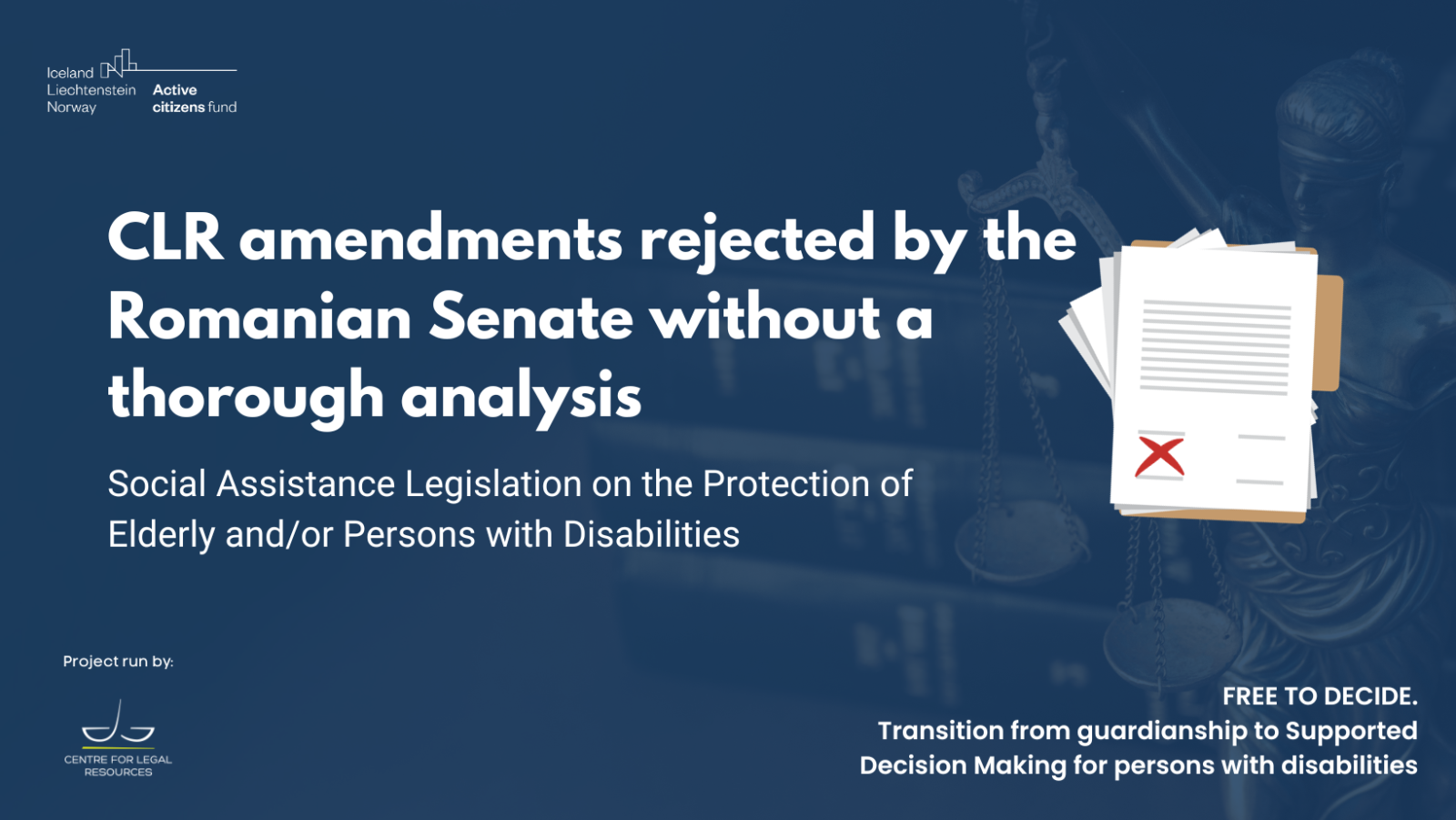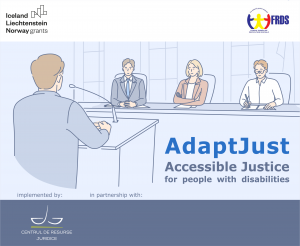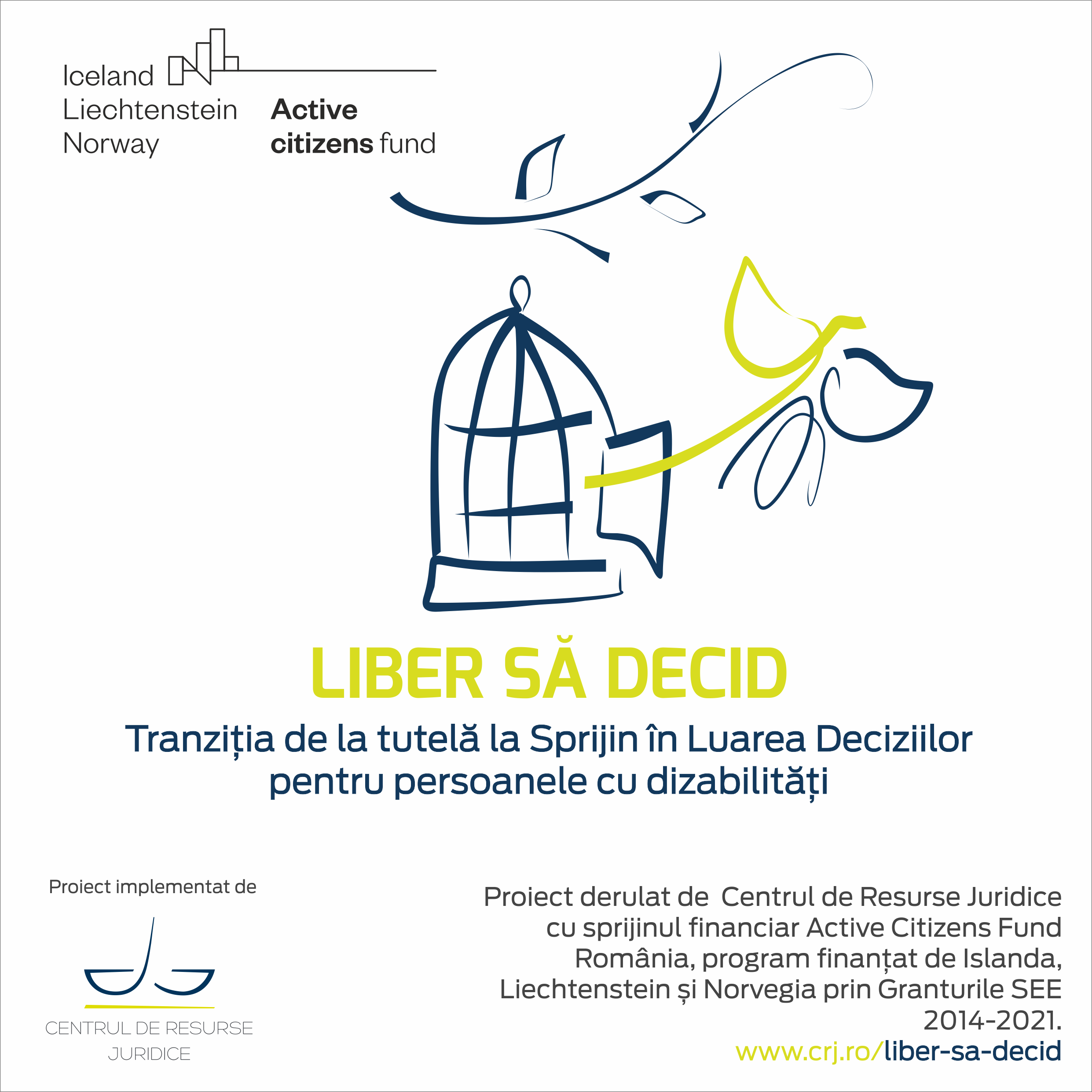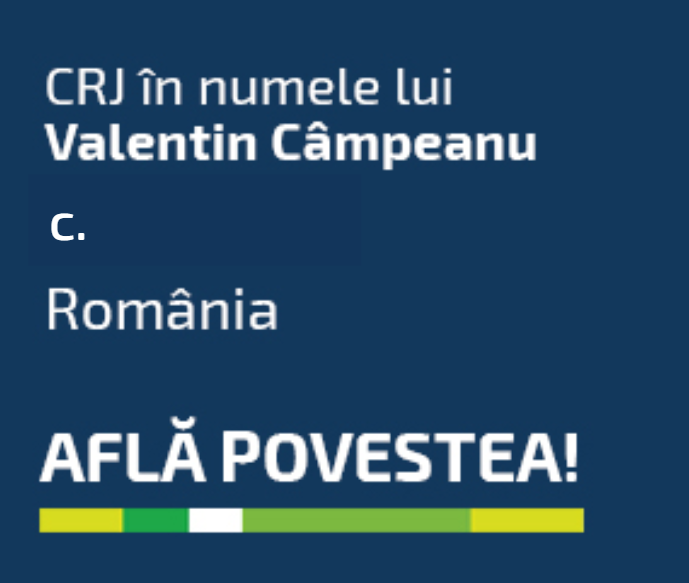In July this year, we reported on the degrading treatment and inhumane conditions in which residents with disabilities and elderly persons were kept at the Căsuța Lu’ Min social care home in Bârdești, Mureș county.
At the same time, the control actions of the CLR made it possible to put an end to the abuses against the beneficiaries of the social care homes run by the private social service providers “Sfântul Gabriel cel Viteaz”, and House Grandma SRL (“Casa Cora”) from Ilfov. The living conditions found on the spot showed a flagrant violation of the fundamental rights of elderly and persons with disabilities, as well as the general passivity of the authorities who had an obligation to prevent and sanction such atrocities.
The aspects found during the unannounced monitoring visits carried out by the CLR experts both in the social care homes in Ilfov and Mures counties have led to criminal investigations being launched in a wide-ranging case file by the DIICOT (The Directorate for Investigating Organized Crime and Terrorism) Central Structure and the DIICOT ST Mures respectively, as well as to the rescue of dozens of vulnerable beneficiaries. It should be noted that in both cases the active legal standing of the CLR was recognized in order to defend the rights or legitimate interests of persons with disabilities – injured in the respective social care homes. Moreover, with regard to the situation found in Ilfov county, a criminal case was also opened – processed at DNA (The National Anticorruption Directorate) level, in which the CLR has active legal standing.
The joint conclusions of the monitoring activities revealed serious legislative shortcomings and a lack of effective mechanisms to control and sanction social service providers who violate the rights of residents or exploit vulnerable persons for their own interests. Together with experts in related fields, we have supported the process of amending the legislation on the assessment of social service providers and the provision of social assistance by formulating proposals and monitoring the legislative process since summer this year.
On Tuesday 12 December, in the meeting of the Commission for Human Rights, Equal Opportunities, Cults and Minorities of the Romanian Senate, the CLR presented again a set of proposals aimed at bringing a real improvement to the current legislative framework in the interest of preventing abuse of institutionalised persons with disabilities. The proposed amendments were rejected without a thorough analysis, the CLR team noting with disappointment that the announced reform of the social assistance system does not yet fully respond to the real need for protection of institutionalised persons with disabilities or at risk of institutionalisation in Romania.
We strongly condemn the unspeakable attitude of one of the members of the Commission, who demonstrated, beyond the lack of interest in protecting the rights of the most vulnerable among us, his contempt for experts from non-governmental organisations in the field of human rights.
We are campaigning for a real reform of the legislation applicable to public and private social service providers, the main legislative proposals being:
- Strengthening the legislative framework for unannounced and independent monitoring actions carried out by NGOs that have signed cooperation protocols with the relevant ministries, and establishing sanctions for restricting access to experts from NGOs – refusal by social service providers to allow NGOs access to carry out monitoring actions should be sanctioned in a similar way to the refusal of social inspectors’ checks.
- Qualitative differentiation of minimum standards for social services and explicit regulation of mandatory quality standards – currently, minimum quality standards for social services cover both critical administrative conditions (e.g. minimum number of staff with social work experience) and conditions of lesser importance or difficult to quantify (e.g. existence of a ‘pleasant atmosphere’ in the social care home). As social service providers are not obliged to meet quality standards in full, and the standards are not weighted differently when assessing the quality of the social service, failure to meet some critical standards can be compensated for by meeting other less relevant standards.
- Regulating the possibility of immediate withdrawal of the operating licence by social inspectors in serious cases such as physical and chemical restraint of beneficiaries, isolation, placement of minor beneficiaries with adult beneficiaries, accommodation of beneficiaries in harmful, unhealthy or dangerous conditions. At present, the withdrawal of the operating licence is carried out through a cumbersome procedure and for ambiguous reasons, so that there is an undue delay in stopping abuses in social care homes where the rights of beneficiaries are violated.
- Establishment of mechanisms to prevent overcrowding in social care homes and tougher penalties for exceeding the maximum authorised number of beneficiaries – when concluding contracts for the provision of social services with private-sector providers, the directorates-general for social assistance and child protection with territorial jurisdiction must be legally obliged to check that the maximum capacity of a social service is not exceeded as a result of the placement of new beneficiaries.
- Involvement of public authorities in drawing up and verifying contingency plans in the event of the cessation of a social service – social service providers are obliged to have a plan for the management of beneficiaries in the event of the cessation, for whatever reason, of the social service, but the feasibility of these plans is not verified by any public authority. Moreover, the proposed form of the Law No 197/2012 on quality assurance in the field of social services stipulates that emergency plans will aim at transferring beneficiaries to the family or other similar social services, without involving the assistance of the territorially competent general directorates for social assistance and child protection. However, many of the beneficiaries of social care homes suffer as a result of stigmatisation and alienation from their families or relatives.
It is with regret that we point out that, even if the legislative amendments debated in the Senate were to enter into force, social care homes such as ‘Sfântul Gabriel cel Viteaz’ in Ilfov or ‘Căsuța Lu’ Min’ in Bărdești would most likely obtain a licence to operate.
At the same time, in the context of the latest cases documented by the CLR and presented in the monitoring reports, we consider it necessary to have appropriate tools for residents and/or patients, through which they can make complaints, claim their rights or ask for a reassessment of the care measures in place. Thus:
- The CLR asks the County Councils, the County Directorates for Social Assistance and Child Protection and the Town Halls to allocate funds so that, similar to other places of deprivation of liberty, there is at least one telephone or tablet (or other electronic device) in each room that can be given to residents to use in order to make complaints or communicate outside;
- The CLR considers that it is necessary that the licensing standards for all social and health services, public or private, for young people, adults or the elderly, should mention the obligation to facilitate access to a telephone/tablet for residents to report any situation.
- We would like to remind here the existence of two digital tools, developed by the CLR, namely the mobile application Ceasul bun and the platform CerAjutor.ro, which may prove useful in the context of the existence of tablets/phones in all social care homes/hospitals both in preventing and documenting abuses in institutions.
Download Ceasul bun on PlayStore | on AppStore
Go to www.CerAjutor.ro
CLR will continue its actions to promote effective change in the field of social assistance legislation and invites all civil society, but especially public authorities, to raise awareness and remedy the lack of vision and interest in supporting persons with disabilities in Romania.






